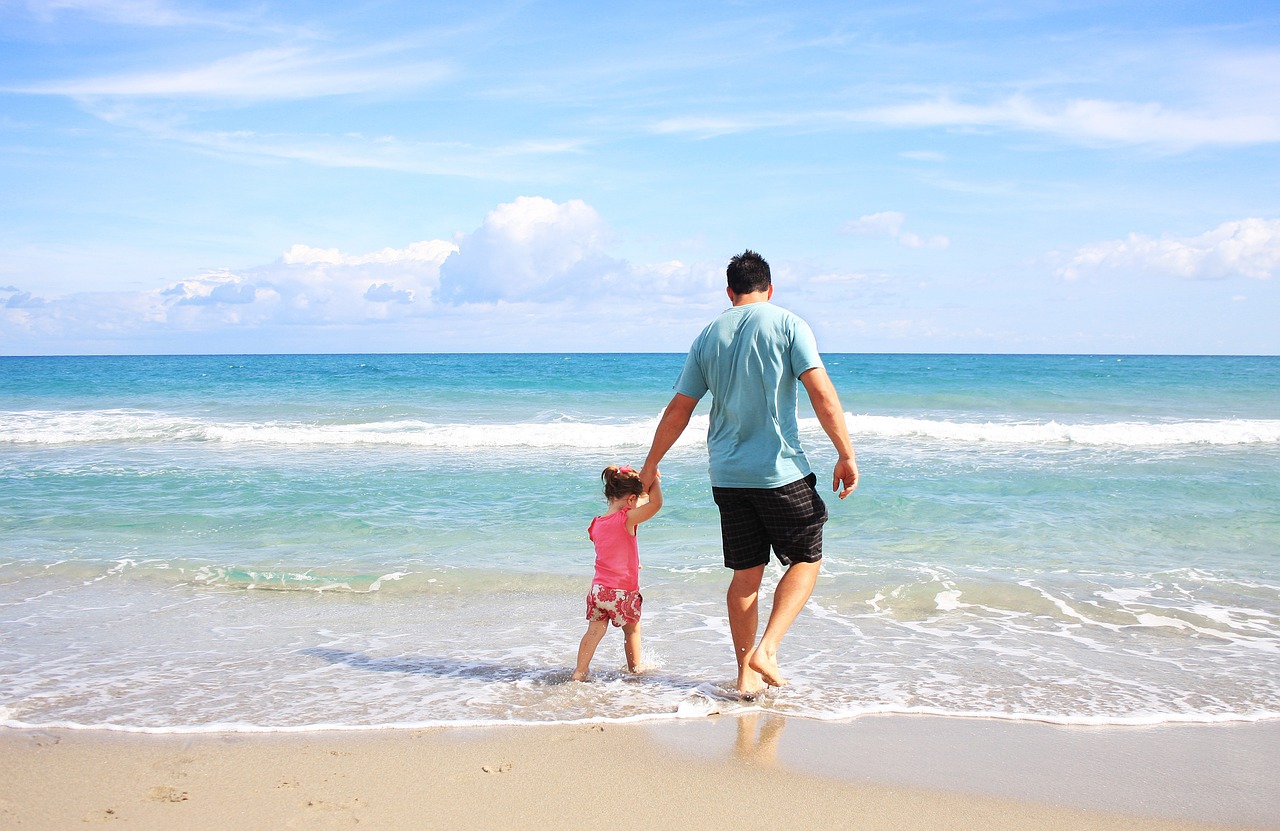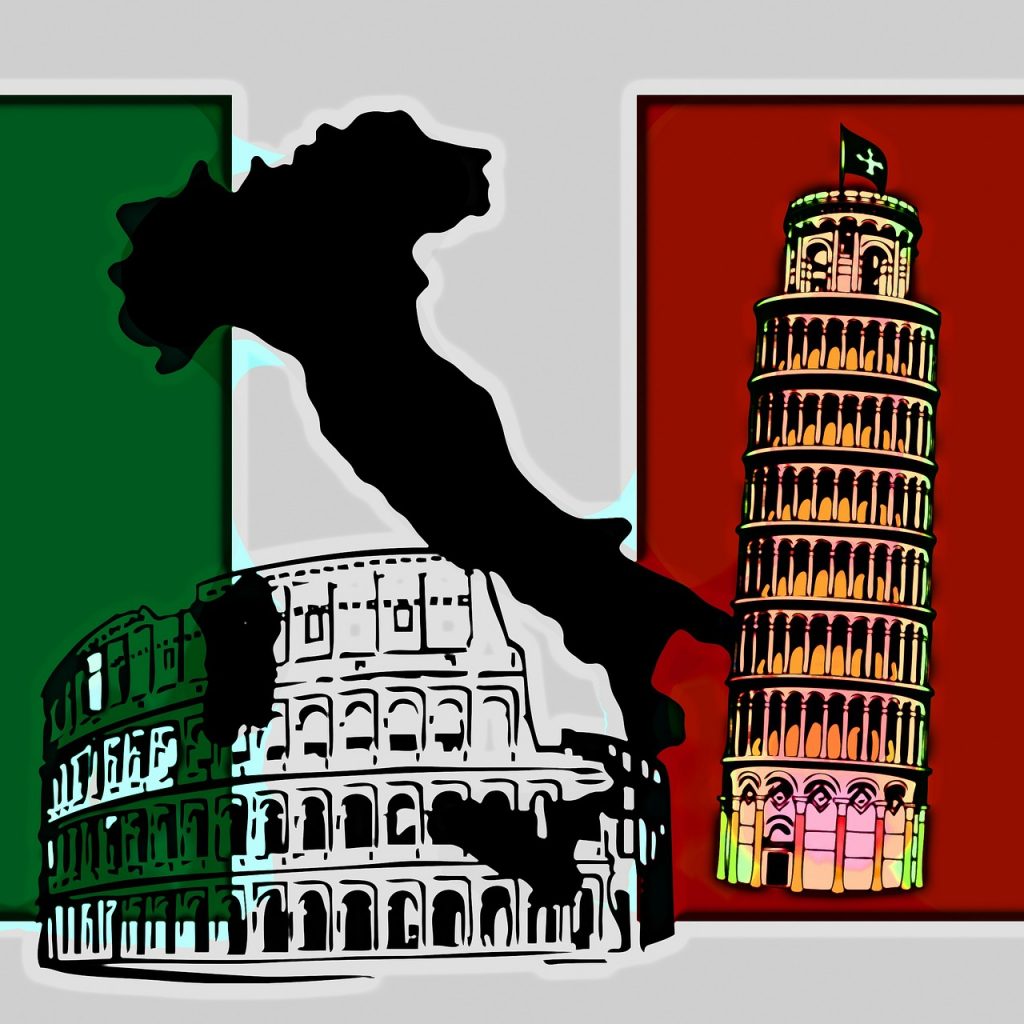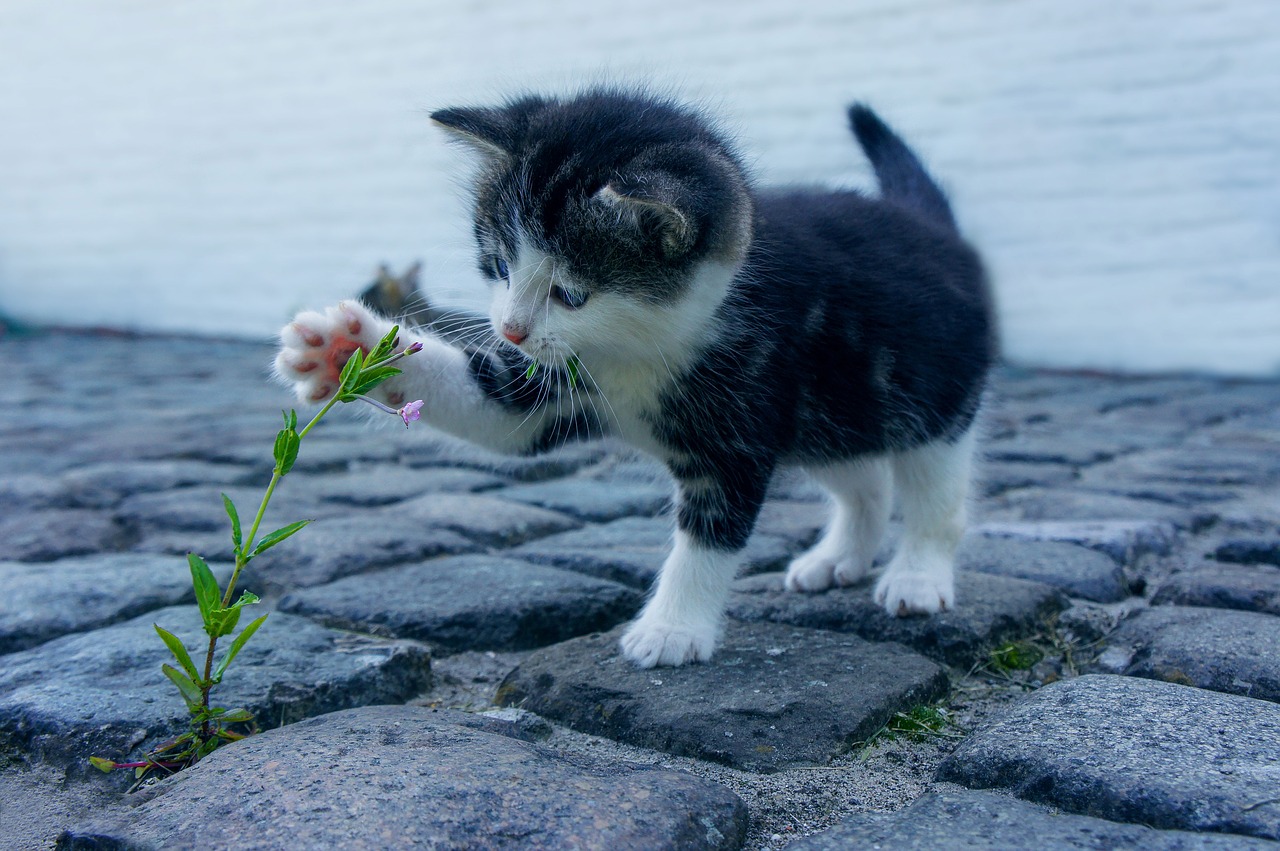HOW TO BRING YOUR PET TO ITALY
Italy is quite tolerant of pets. There are few restrictions on where you can or cannot bring your pet to Italy. Holiday accommodations, long-term rentals, and even restaurants and other public establishments usually allow guests to bring their pets.
PETS IN ITALY
In Italy, many dogs owners do not properly take care of their dogs. For instance, they may not take them out on long walks in the countryside or give them proper open areas to run around in. Instead, they only take them to small dog parks or normal local parks; some even let their dogs loose on the streets and expect them to take care for themselves. However, some cities do not condone such deeds and a dog owner may be fined a sum of €30 for not cleaning up any excrement their dog has deposited on the street. Though, unfortunately, this law is not obeyed by many people. Nonetheless, any dog owner is expected to use a poop scoop to pick up the feces left by his/her dog.
QUARANTINE PROGRAMS WHEN BRINGING PETS TO ITALY
When a healthy pet arrives Italy, no quarantine is necessary. However, an ISO standard microchip with appropriate scanner or an equivalent and a bilingual (Italian-English) health certificate issued by an approved veterinary surgeon are required.
Also, a rabies vaccination is required for cats and dogs. While a cat or dog that is less than 12 weeks old may not need the rabies vaccine, a health certificate indicating that no cases of rabies have been recorded in at least 6 months in local area of the dog is necessary! For dogs coming in from countries that are known for high incidence of rabies, they must present a certified rabies blood test result a month after their first vaccination and a minimum of 3 months before they arrive in Italy.
TRANSPORTATION OF PETS IN ITALY
The shipping company should be notified beforehand if you’re planning to transport a pet by ferry or boat. This is because some companies will let you transport your pet in a vehicle while some will let you transport it in a cabin. If your dog is an aggressive and dangerous breed and is not used to traveling, you should sedate the animal during the journey.
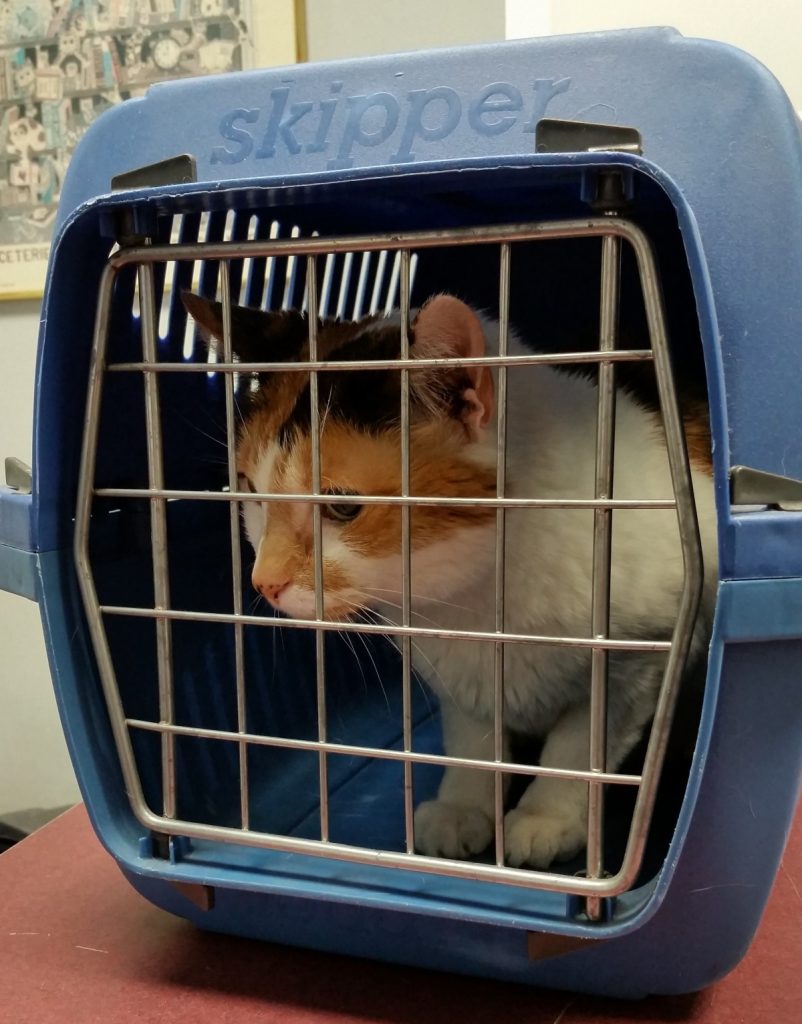
If you wish to transport your pet via air, every airline has its own rules and regulations. Consult the airline you are traveling with to know exactly what the procedure is concerning the transportation of your pet!
PET IDENTIFICATION
When a dog gets to 3 months, its owner is expected to register it at the local dog bureau. By Italian law, a registered dog should be tattooed not only on its ear, but on its body too, as a symbol of registration. However, due to advancements in technology, the microchip identification method is gradually replacing the tattooing method.
In Italy, the dog tax has been cancelled, because many dog owners refuse to pay tax, claiming that their animals are working animals. Identification discs are not worn by cats and dogs in Italy and no system of licensing is available either. Nonetheless, dog owners are encouraged to buy collars and tags containing the dog’s name, phone number and address on it.
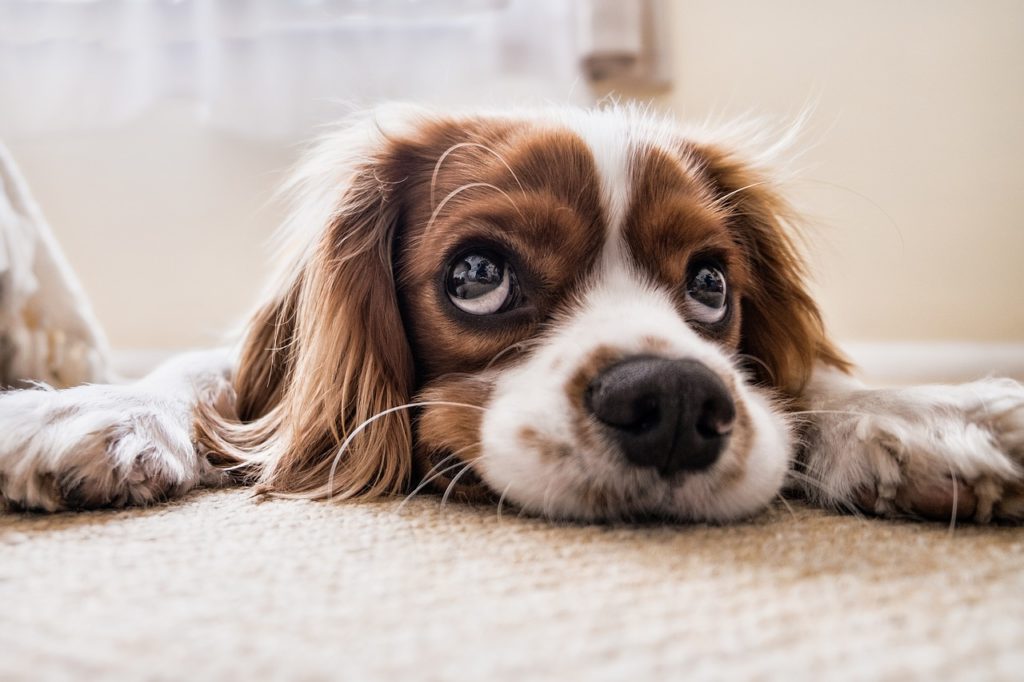
If a lost dog is found, it is taken to local dog shelter. And if not claimed by an owner, the dog may be put down. If dogs are to be taken on public transport, they should wear a muzzle and a leash. If your dog is too big, it may not be allowed on public transportation.
VACCINATIONS REQUIRED
For cats, the vaccines required include Calicivirus, Panleukopenia (FVRCP), Feline Viral Rhinotracheitis and rabies and these must be done at least 4 weeks before arriving Italy and no longer than 12 months before.
For dogs, the vaccines required are: Hepatitis, Distemper, Leptospirosis, Parvo, (DHLPP) and rabies also at least 4 weeks before and within 12 months of arriving to Italy.

Pets in Italy face a number of dangers and diseases, which are not common in other European countries. These include sandfly disease, which is incurable once contracted. The best way of preventing this disease is to reduce the time a dog spends outside the house during the scorching afternoon sun, or the time a dog spends outdoor at night. Talk to a vet to ask for other preventive measures that can be taken.
WELFARE AND INSURANCE
Ente Nazionale Per La Protezione Degli Animali is responsible for animal welfare in Italy. It is responsible for sheltering abused animals and stray animals. It also runs economical and affordable pet hospitals in a number of cities in Italy.
A dog may die after eating poisoned food, which sometimes hunters place in forests to control predators. So, take very good care of your dog when taking it on a walk in rural areas.
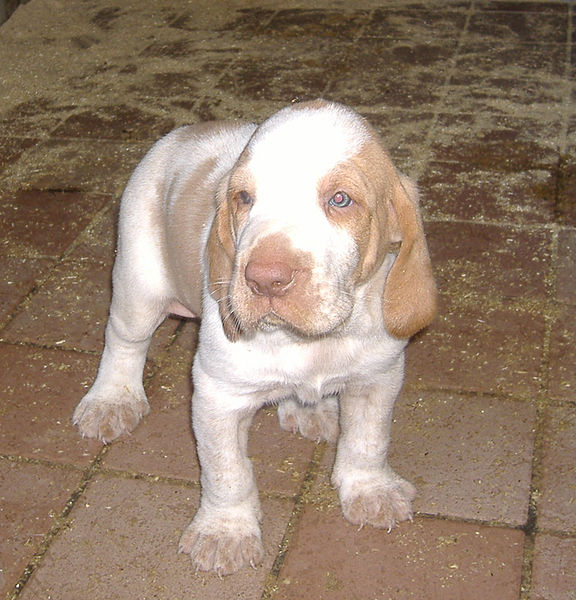
Do not let your dog roam about alone without monitoring it. It could be mistakenly shot by a hunter or stolen. If you live in a place where there are poisonous snakes, you should buy anti-venom, which must be changed yearly and stored in the refrigerator.
Many insurance companies offer health insurance for pets, so seek out the one that suits you and your pet best. It is advised that you have a 3rd-party insurance should your dog cause an accident or bite someone.


